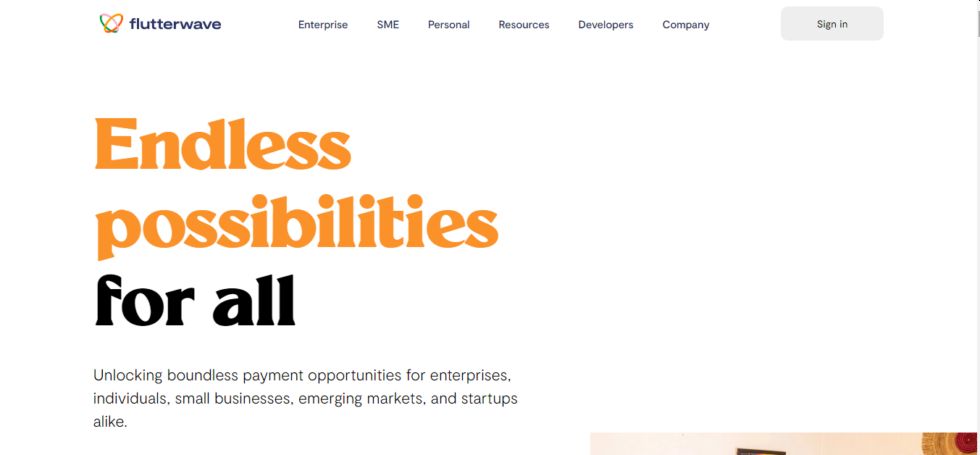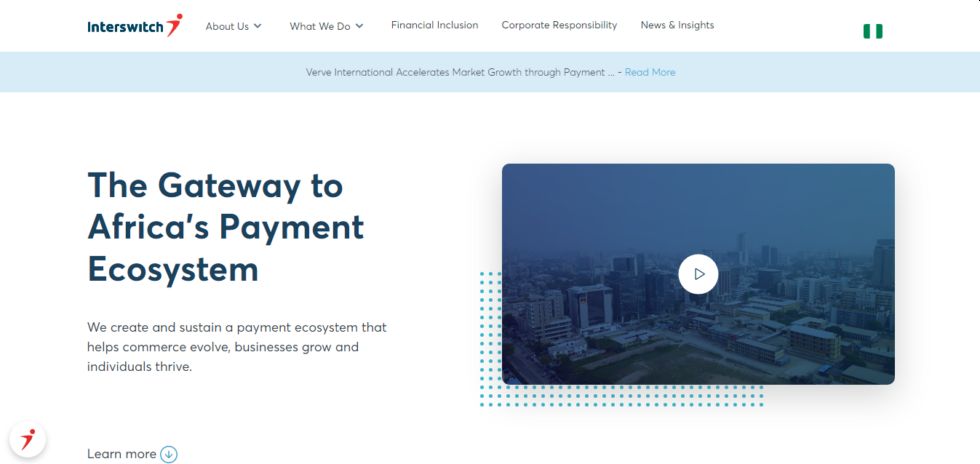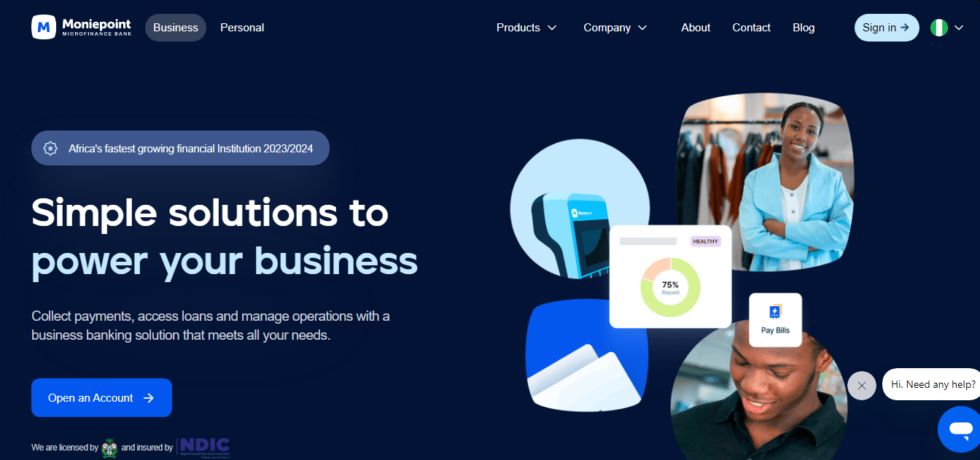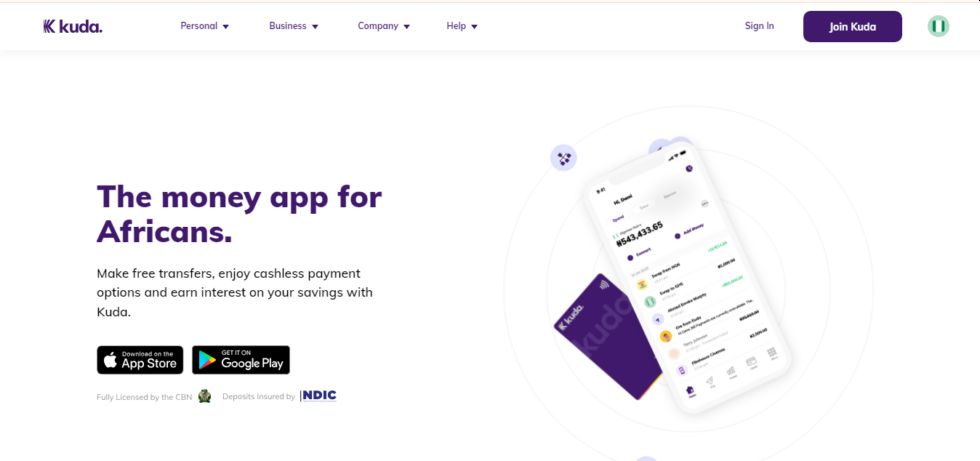- within Corporate/Commercial Law topic(s)
- in United Kingdom
- with readers working within the Media & Information and Retail & Leisure industries
- within Corporate/Commercial Law topic(s)
- in United Kingdom
- with readers working within the Media & Information industries
- within Corporate/Commercial Law, Real Estate and Construction and Immigration topic(s)
Nigeria's startup ecosystem has rapidly evolved, positioning itself as a key player in Africa's tech revolution. In recent years, the country has become a hotspot for venture capital investment, with numerous Nigerian startups achieving billion-dollar valuations, also known as "unicorn" status. This surge in market valuation highlights the potential of Nigeria's innovative companies and their ability to scale across the African continent and globally.
The Rise of Nigerian Startups
Over the past decade, Nigeria has experienced a boom in tech-driven startups, particularly in the fintech, e-commerce, and logistics sectors. According to Disrupt Africa, the Nigerian startup ecosystem saw over $1.5 billion in investments in 2021 alone, making it one of the most sought-after markets for venture capital in Africa. This wave of investment, coupled with an increasingly digital-savvy population, has paved the way for startups to grow into multi-million and even billion-dollar companies.
What is the Biggest Startup in Nigeria?
As of 2024, Flutterwave holds the title of the biggest (highest-valued) startup in Nigeria, with a market valuation exceeding $3 billion. Flutterwave is a fintech company that facilitates seamless cross-border payments in Africa, positioning itself as a leader in digital financial services.
Top Nigerian Startups by Market Valuation
1. Flutterwave

- Valuation: $3+ billion
- Industry: Fintech
- Founded: 2016
Overview: Flutterwave is a financial technology company providing payment solutions to businesses and individuals across Africa. It offers both local and international payment options, making cross-border payments accessible and affordable for African businesses. Its valuation soared after raising $250 million in a Series D funding round in 2022, positioning it as one of Africa's most valuable startups
2. Interswitch

- Valuation: $1 billion
- Industry: Fintech
- Founded: 2002
Overview: Interswitch is a pioneer in digital payments in Nigeria. Known for its Verve and Quickteller payment platforms, Interswitch's services have revolutionized how Nigerians make transactions. The company achieved unicorn status after Visa acquired a minority stake, pushing its valuation to $1 billion.
3. Opay

- Valuation: $2 billion
- Industry: Fintech
- Founded: 2018
Overview: Initially launched as a ride-hailing service, Opay has pivoted into digital payments and fintech solutions, focusing on providing financial inclusion to Nigeria's unbanked population. Backed by Chinese investors, Opay's valuation hit $2 billion after raising $400 million in 2021.
4. Andela

- Valuation: $1.5 billion
- Industry: Software Development & Talent Outsourcing
- Founded: 2014
Overview: Andela connects African software developers with global tech companies. In 2021, the company raised $200 million, pushing its valuation to $1.5 billion. Andela's mission is to bridge the tech talent gap by training and outsourcing top software developers from Africa to the world.
5. Jumia

- Valuation: $600 million (market cap as of 2023)
- Industry: E-commerce
- Founded: 2012
Overview: Dubbed the "Amazon of Africa," Jumia was the first African startup to list on the New York Stock Exchange in 2019. Although its valuation has fluctuated, it remains one of Nigeria's largest e-commerce platforms, serving multiple African markets.
6. Moniepoint (formerly TeamApt)

- Year Founded: 2015
- Industry: Fintech
- Valuation: $1 billion+
- Investors: QED Investors, Novastar Ventures, Lightrock, FMO
Overview: Moniepoint is a digital banking and payment processing startup. Initially focused on creating banking software, it has since expanded into providing digital financial services directly to consumers, which facilitates payments for small and medium-sized businesses across Nigeria.
You May Also Like:
Leading Startup Law Firm in Lagos, Nigeria
Top ICT and Media Law Firm in Lagos, Nigeria
Leading Startup Law Firm in Abuja, Nigeria
How to Hire Employees for a Startup in Nigeria
7. Kuda

- Year Founded: 2019
- Industry: Digital Banking
- Valuation: $500 million
- Investors: Valar Ventures, Target Global, SBI Investment, SpeedInvest
Overview: Kuda is Nigeria's first digital-only bank, offering seamless and cost-effective banking solutions without the need for physical branches. The company raised $55 million in a Series B funding round in 2021, positioning itself as a leader in Nigeria's emerging digital banking sector.
8. Paga

- Year Founded: 2009
- Industry: Fintech
- Valuation: $300 million
- Investors: Global Innovation Fund, Goodwell Investments, Unreasonable Capital
Overview: Paga is one of Nigeria's largest mobile payments platforms, enabling millions of people to send and receive money, pay bills, and conduct other financial transactions. With over 19 million users, Paga has grown into a trusted payment platform that bridges the gap between Nigeria's unbanked population and digital financial services.
9. TradeDepot

- Year Founded: 2016
- Industry: E-commerce/Logistics
- Valuation: $110 million
- Investors: Partech Partners, International Finance Corporation (IFC), Wamda Capital, TLcom Capital
Overview: TradeDepot is an innovative B2B platform that connects retailers with wholesalers and manufacturers. By using data-driven logistics solutions, it facilitates the efficient distribution of consumer goods across Nigeria. TradeDepot raised $110 million in debt and equity funding in 2021 to expand its network and operations.
10. Moove

- Year Founded: 2020
- Industry: Mobility Fintech
- Valuation: $140 million
- Investors: SpeedInvest, Left Lane Capital, Tekton Ventures, Class 5 Global
Overview: Moove provides financial services to drivers, primarily enabling them to purchase vehicles through a revenue-based financing model. The company was created to provide access to credit for gig workers in the mobility industry. Moove operates in Nigeria, South Africa, and other African countries and raised $105 million in equity and debt financing in 2022.
Key Industries Leading the Nigerian Startup Boom
- Fintech
Fintech remains the most lucrative sector for startups in Nigeria. With over 40% of the population unbanked, fintech companies like Flutterwave, Opay, and Interswitch have created innovative solutions to provide financial services to underserved communities.
- E-commerce
Startups like Jumia have capitalized on Nigeria's growing middle class and increased internet penetration to build robust online marketplaces. The rise of logistics and delivery platforms like Kobo360 also highlights the importance of e-commerce infrastructure.
- Talent Outsourcing
Companies like Andela have taken advantage of Nigeria's large pool of young, tech-savvy individuals to create a bridge between African talent and global tech giants.
Conclusion
Nigeria's startup ecosystem is growing fast, with several startups achieving billion-dollar valuations. Fintech continues to dominate the scene, but other sectors like e-commerce, agritech, edtech, proptech, and talent outsourcing are also gaining traction.
As more investors pour into the ecosystem, Nigeria is poised to remain a leader in African innovation. However, addressing challenges such as regulatory complexity and infrastructure will be key to sustaining this growth.
Understanding the landscape of high-value startups can provide valuable insights for entrepreneurs and investors looking to tap into the next big opportunity in Nigeria.
The content of this article is intended to provide a general guide to the subject matter. Specialist advice should be sought about your specific circumstances.


